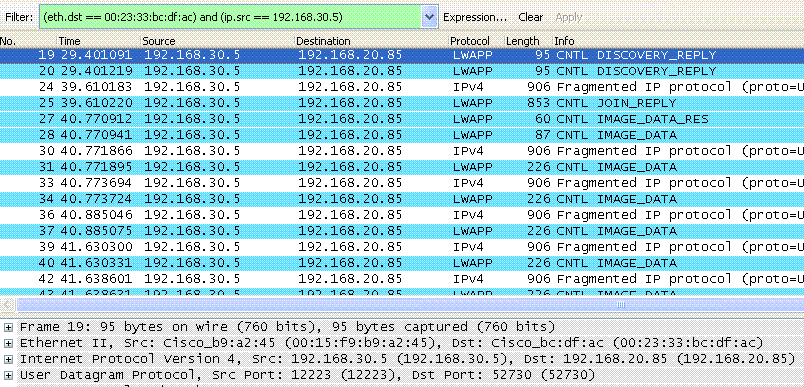































Digital marketers are wildly bullish on dream tech -- playing ads right before people sleep to influence dreams -- and 39% of consumers are open to the technology too, according to a survey.
The American Marketing Association-New York's 2021 Future of Marketing Survey canvased the marketing technology landscape relative to 2019's report. Overall, consumers are beginning to accept new marketing technology, but worried about privacy.
What caught my eye in the survey was dream-tech, which was opposed by 32% of consumers, supported by 39% with the remainder falling in the don't know category. Given this dream-tech concept wasn't around in 2019, the favorability rating is a bit stunning. Here's how favorability among consumers stacks up across marketing channels.
Add it up and consumers are accepting of personalized ads (54% in favor); IoT devices (53%) and AI assistants (60%). Virtual reality headsets are viewed favorably by 61% of consumers and augmented reality devices checked in at 49%. In other words, dream-tech is off to a good start with consumers even if the definition of it remains a bit murky.
The report also looked at marketers' expectations and what technologies would be adopted at scale. The kicker: 77% of marketers declared that they would deploy more dream-tech in the next three years. That tally topped smart speakers and IoT devices.
I can't wait to see how this consumer vs. marketing adoption off dream-tech plays out. Here's a guess: Facebook figures out who looks at the app before bed and hits you with something to influence your dreams. Congressional hearings will ensue -- again -- but at least Facebook is used to it.
One area of agreement was data collection and how it's a privacy issue. Consumers would limit data collection to email, age and name and marketers generally agreed. Marketers were more comfortable with collecting location than consumers. Fifty-four percent of marketers want to collect location data and only 41% of consumers want to part with it.
 Etiquetas calientes:
tecnología
seguridad
Etiquetas calientes:
tecnología
seguridad